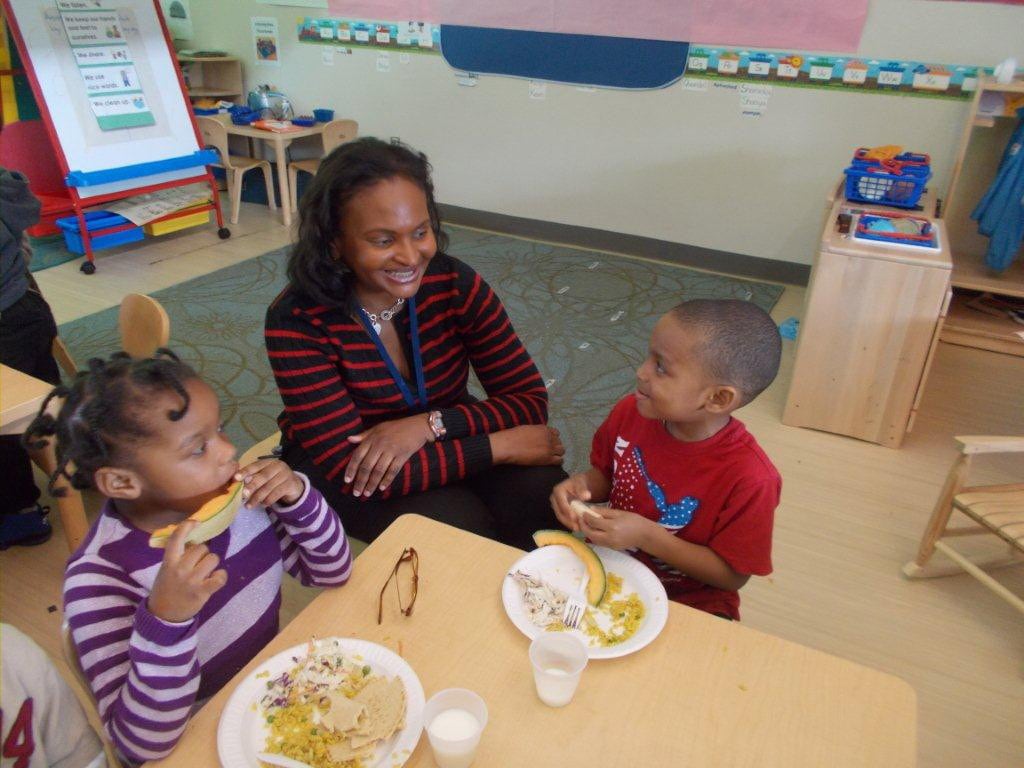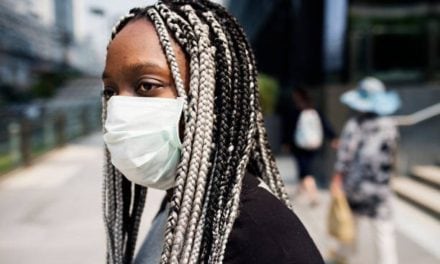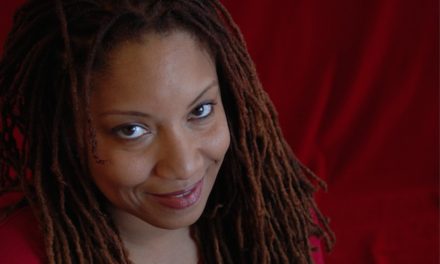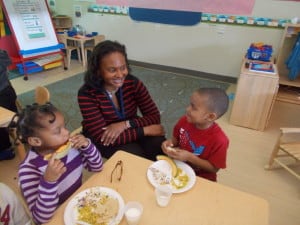
“Learn to celebrate children’s ideas, their creativity,” says Dawn Smith, a preschool master teacher at Educare of Washington, D.C.
On a quiet, tree-lined street in the Kenilworth-Parkside neighborhood in Washington, D.C., a group of passionate, committed teachers tend to children as young as 6 weeks old in an environment that some might mistake for day care. But the daily activities carried out in these classrooms are so much more.
An average day here might begin with a healthy, family-style breakfast where moms, dads, teachers and children share a meal. Morning walks are the source of teachable moments, as well as exercise. For the rest of the day, teachers (three for every 17 children ages 3 to 5 and three for every eight infants and toddlers) engage kids in lively conversation, even if it’s a seemingly one-sided exchange with an infant. The school is also linked to a public school that provides an on-site health clinic.
This is the world of Educare — a place where every activity is focused on giving each year’s crop of rambunctious babies and toddlers a chance to realize their full potential and to avoid an adult life hobbled by the economic and social inequities that often plague people who are born into poverty. The intent is to prepare these children to enter kindergarten ready to learn and succeed as easily as children from middle-income families.
The Educare Schools, supported by Head Start, the Ounce of Prevention Fund, and other philanthropies, work toward this challenging objective by focusing “on every key person that plays an important role in a child’s life,” explains Dawn Smith, a preschool master teacher at Educare of Washington, D.C.
“We also work with local health-care providers, monitor kids physical and oral health, and conduct home visits to support families,” Smith says. “Most important, we stress the vital role of a rich, engaged parent-child relationship and getting children excited about learning in every aspect of life.”
As one of Washington’s Promise Neighborhoods, Kenilworth-Parkside is an ideal environment to test this state-of-the art model for early childhood learning. Almost 90 percent of the families are led by single mothers, 50 percent of the residents live below the poverty line and most of the local public schools do not meet national standards for reading and math.
An oasis of resources for families living in such neighborhoods, each Educare school across the country serves about 140 to 200 children. In a January report from the Robert Wood Johnson Foundation (RWJF) Commission to Build a Healthier America, Educare is cited among a handful of critically important efforts to improve the health of our children and stop health disparities in America.
Foremost among the report’s recommendations is a call to protect children from adversity, particularly during their first years — a critical time for the development of the cognitive and social skills that are linked with lifelong health and well-being.
The Healing Power of Community Action
Smith and other black women are engaged in the national effort to make our communities healthier, safer places for children to grow and thrive.
They are part of an increasing number of public health advocates and educators who are trying to convey a crucial message to everyone: Young people and adults need access to a great deal more than health care to lead long, healthy lives.
“Medical care is only responsible for approximately 10 to 15 percent of what determines health,” says David R. Williams, Ph.D., MPH, a leading social scientist at the Harvard School of Public Health, expert on race in America and staff director of the RWJF Commission. “The health disparities that we see among adults are based on what occurs in early childhood. But this is not just a moral issue. It’s an economic one as well. As a nation, we can save $17 for every $1 invested in the health of our children.”
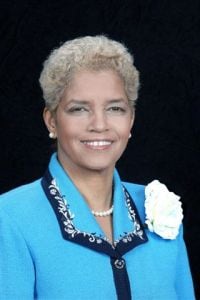
“There is no substitute for an investment in early childhood,” says Shirley Franklin, former two-term mayor of Atlanta.
Shirley Franklin, a former two-term mayor of Atlanta says: “There is no substitute for an investment in early childhood. You don’t have to be a policymaker to make a difference in a child’s life.” She is CEO of Purpose Built Communities, a non-profit organization that transforms blighted, poverty-stricken areas into sustainable vibrant communities.
“Women who invest in their communities and who are willing to volunteer or partner with others can clearly help children and families,” Franklin adds. “We have to work across our communities through schools, churches, neighbors to make a difference.”
No matter what you do, says Angela Blackwell, founder and CEO of PolicyLink, ”you can work toward helping every child have a high-quality early childhood experience.”
“To begin with, you can make sure no one gets elected in your area unless they support universal pre-K for children,” adds Blackwell, whose organization works to advance economic and social equity.
What One Woman Can Do
While nearly one-fifth of Americans live in low-income communities, poverty touches a disproportionate share of black children — more than 38 percent. But we can all help reduce the effect of this daunting statistic on our children.
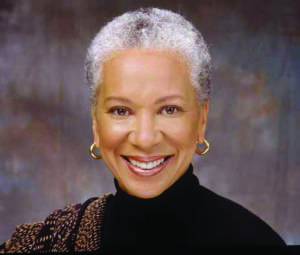
Angela Blackwell, founder and CEO of PolicyLink, encourages women to fight at the grassroots level for better childcare, public transportation and safer streets.
“There’s nothing like the insight of a nurturer when it comes to saving a community,” Blackwell says. “As women, we need to recognize our power and put it use.” She encourages women to fight, at the grassroots level, for better childcare, public transportation, safer streets. “Make sure your voice is heard,” she adds.
Franklin says, “to be healthy, you must live in a place that promotes health.” Blackwell adds, “Clean water, air, transportation, safety and social experiences are all a part of it.”
For parents and others who share their lives with children, Smith says, “Learn to celebrate children’s ideas, their creativity. Many people were not raised to really engage in conversations with toddlers, but that is how they develop language skills. Help them to learn by following their lead.”
Smith advises parents that they are their child’s first teacher. “The learning begins the moment they are born,” she points out. “Get down on the floor with them and involve them in sensory activities — singing, touching, and feeling. Provide children with rich experiences. When young children are out in the world, it makes them confident and able to become more successful.”
Investing in the well-being of our children not only gives them a healthier lives, it creates better communities, Franklin says. “Every time we miss the mark with a child, we put our cities and even our nation at risk. How we treat our children impacts every aspect of life.”
Sheree Crute is editor-in-chief of FierceforBlackWomen.com.

